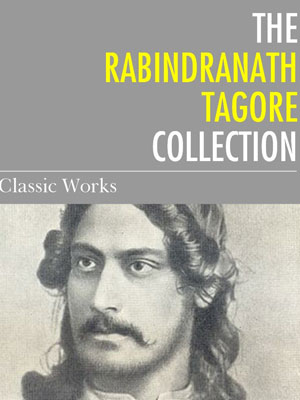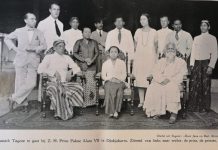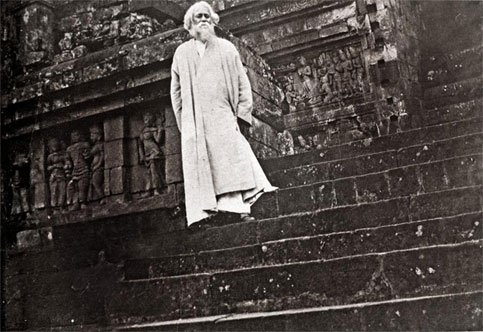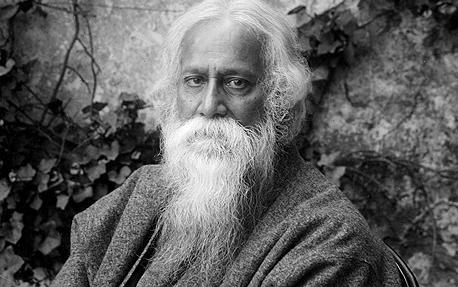8. Poem No: 10 of the book Prantik (At The Border) written on 8 December 1937
[Translator’s note: Following quote from the Poet’s book Santiniketan well explains the underlying philosophy of this poem.
“One day gods were terror to man. To please whom for a comfortable life or whose displeasure brings disaster, could not be decided by man. To please the power with which there is no spiritual link, humans gathered to worship it with animal sacrifice and such rituals. That worship out of fright is not a festivity. Just as when we are in the hands of the dacoits, we say, ‘we give you whatever I have, but please spare our life’ similarly, to keep pleased the invisible power, on earth man said that day, ‘We’ll give You everything, please don’t put us in crisis’. But that is not a gift of Joy. Once you perceive the God of Joy, there will be no fear. This God of Joy means ‘More’ – that surpasses all whatever I had or understood, He is more than that whatever I had not or had lost, He is more than that too. He is greater than wealth, honour and comfort. So, in the worship of ‘More’ man has joyously said, ‘take my wealth, life and honour’. To know this ‘More’ within one’s heart and outside, is not for mundane comfort. The day man has realized that he is not a beast neither his God is, that he is great and so is his God, he has accepted utmost sorrow. That day man became victorious, a hero and so it was celebrated. Just as a bird on the verge of darkness founts its song of joy at the very touch of the sunrays, so does man when divinity touches him he declares, ‘I am the son of the Immortal’ says he, ‘I have got it!’ with the strength of which he perceives the Immortal within himself, fears no more, and death cannot daunt him facing the danger he says, ‘my journey is ahead stop I won’t I have no defeat O Terrible, Your grace is boundless’.”
O Lord of disaster, from your court
The messenger of Death came all to abort.
Snatched me up to Your vast domain
Through dense dark, naught to remain.
In the folds of the dark deep
I noticed not the invisible lights peep,
That illumine awake all inborn
From the shade of Self’s blinding vision.(*)
The holy song of that light
From the depth of my being to radiate bright
I had my invitation
To resonate at the border of Creation.
In my strive to poetize the Ultimate,
My songs on the life’s stage could not vibrate
Creation’s music of dreadful pain,(**)
Thus I returned in vain.
But some distant day it may be so pliant,
The poet’s message will drop silent
As a ripe fruit in heavenly joy
In the basket of eternity free of his ploy
As life’s last price for ultimate redemption
On final journey for final revelation.
(*) It seems to imply that Man’s ego obscures his vision of the total truth.
(**) It seems, the poet’s remorse is that he could not capture in his literature the
mysterious intent behind God’s creation to culminate into the animation
world through dreadful cosmic metamorphosis.





